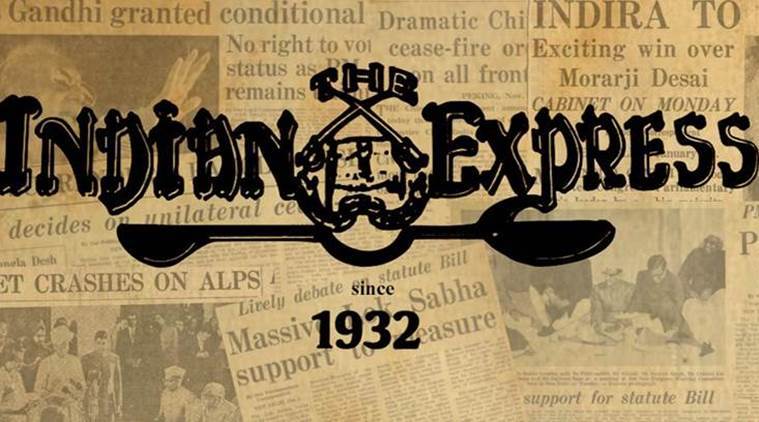 Looking back, Section 377 should have been automatically rendered void by the recognition of the right to privacy, since sexuality is a private issue.
Looking back, Section 377 should have been automatically rendered void by the recognition of the right to privacy, since sexuality is a private issue.
The Supreme Court is hearing what could be the last petitions against Section 377 of the Indian Penal Code, which criminalises “unnatural offences” or sexual acts “against the order of nature”. On the second day of the hearings, Additional Solicitor General Tushar Mehta filed an affidavit declaring that the government would leave the validity of the law entirely in the hands of the court. Now, the Supreme Court has an opportunity to end the matter conclusively, and to right a dreadful historical wrong, in whose persistence the court has been instrumental.
In 2009, a landmark judgment by Justices A P Shah and S Muralidhar of the Delhi High Court had found Section 377 in violation of Articles 14, 15 and 21 of the Constitution, and a curb on the right to life itself. Three years later, the Supreme Court overturned the decision and left it to Parliament to amend the law. Historically, governments have been reluctant to withdraw Section 377. But now, in an admirable change of stance, it has lobbed the ball back to the court, where it belongs. The Supreme Court is the proper guardian of the rights of minorities like the LGBT community — in Parliament, majoritarian opinion may prevail. Besides, the validity of Section 377 is a question of right and wrong, which is best addressed legally. However, the government’s affidavit urges the court to restrict itself to that question, suggesting that it would prefer political solutions to issues that would flow from decriminalisation, such as the right to form civil unions and inherit property.
Looking back, Section 377 should have been automatically rendered void by the recognition of the right to privacy, since sexuality is a private issue. Looking ahead, it will raise a host of questions relating to parenting and adoption, housing, military service, employment and inheritance. Following decriminalisation, denial or restriction in such matters would invite legal action, since the right to equal access would be violated. Though the Supreme Court has declined to examine these while dealing with the present set of petitions, the judiciary will eventually have to ponder them, even if Parliament legislates in the interim. For the present, Chief Justice of India Dipak Misra has observed that the court only needs to be persuaded that “if Section 377 were legislated today, it would be struck down for violating fundamental rights”. That is hardly difficult, and it is high time that India, which is clubbed with nations like Saudi Arabia and Somalia for criminalising same-sex relationships, may be freed of a shameful legacy of the Empire.